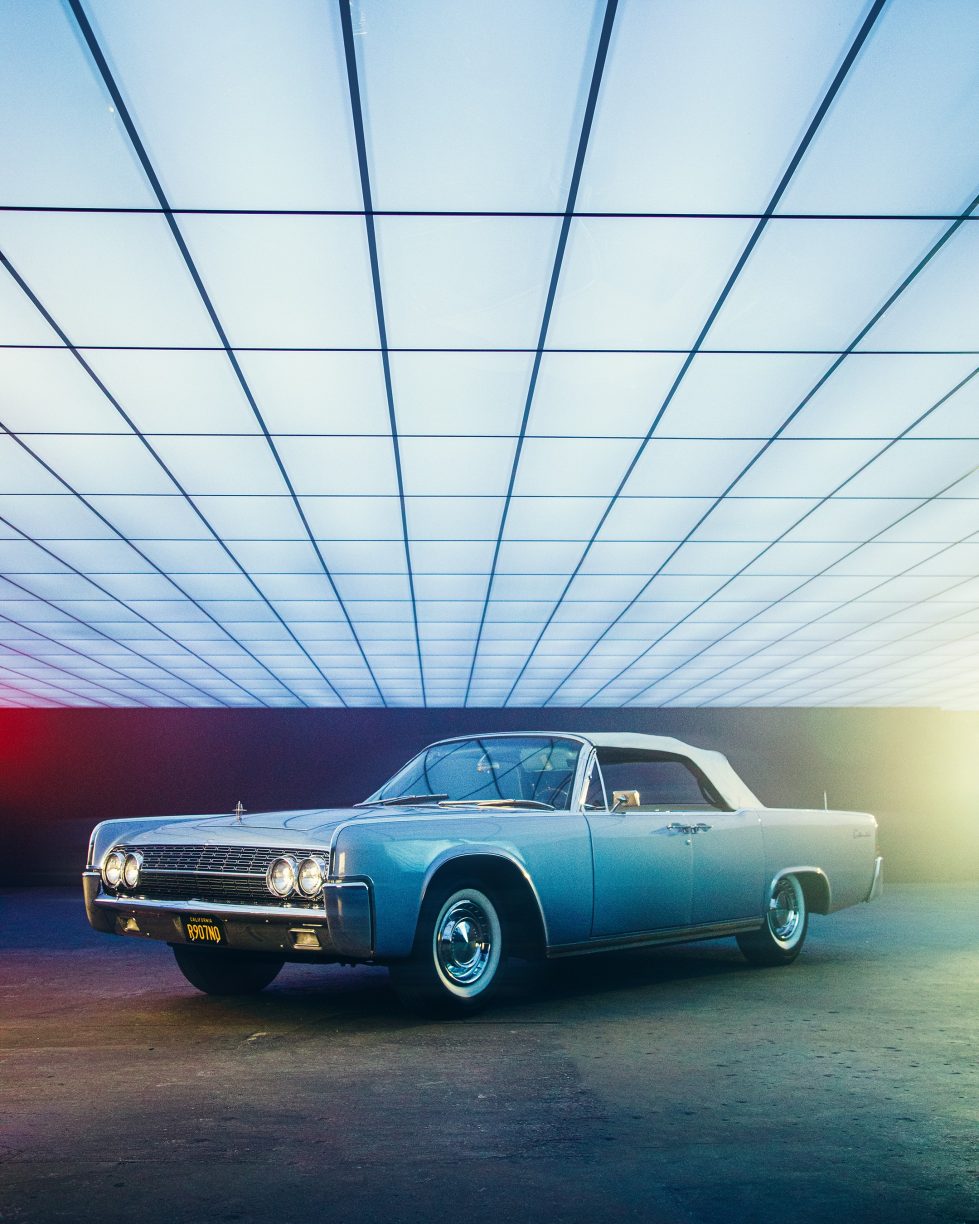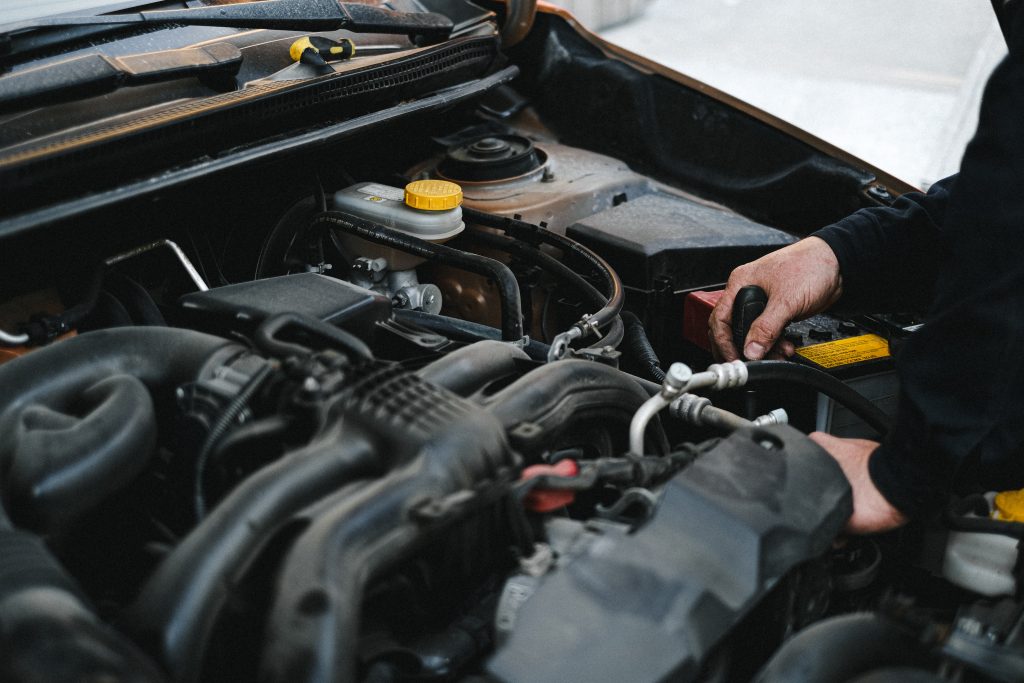
It’s always a thrilling experience when you set out to get your first car. On the d-day, your mind quickly flashes to when you’d have to wait in queues to board the next train or take a bus. That’ll be over in a matter of minutes you decide.
However, before you move on towards that car shop, there are a few things you need to consider before getting your first set of wheels.
-
Decide Which Car Type You’ll Prefer: New or Used
Depending on your social class, friends, family, and work, you may decide you want a new car or a fairly new one. Some companies offer both. If you’re in Australia, you’ll have a long list of options to choose from at Redlands Mazda. Besides, choosing new or old, you’ll also be able to get any other car accessory all in one place.
Take note of the differences between the new and the old car types before you decide to buy:
New cars:
- Are more expensive
- Depreciate in value quickly
- Come with a new car warranty
- Has improved fuel efficiency
- Has the latest technology
- May attract higher car insurance payment.
Used cars:
- Are usually less expensive
- May attract lower car insurance payment.
- Should be inspected by a mechanic.
- May not come with a warranty
- May have some minor problems or may need repairs
- May look just as good as new and not necessarily old
- May need to have their odometers checked to be sure they match the service history logbook
With these in mind, you should be able to decide if you would be going for a new car or an old one. It’s all up to you.
-
Define Your Budget
What can you afford? To be able to get your favorite car, you need to consider your current savings, income, and debts. This will help you determine what you can afford to spend on the car. Making a budget will help you decide if you can afford to pay outright, or use a finance plan. Outright payments are most recommended because you won’t have to pay interest.
However, if you don’t have the bulk of the cash required, there is usually the hire-purchase option. It is flexible but is only useful if you have a regular income and can easily take care of payments. Getting a car loan is a big responsibility and you must be sure that that is the only available option before you use it.
-
Have An Idea Of The Long Term Costs
Before getting your first car, think about the other miscellaneous costs you would be incurring on a daily basis as you use the car. Be sure you are up for it and won’t dry up your savings.
Some extra costs you should consider are:
- Fuel
- Servicing
- Vehicle registration, and
- Car insurance
-
Test Drive Your Car
You will need to test-drive your car to be sure it’s okay and fit your needs. You’ll be able to get a feel of how the car responds on the road and analyze the condition of the engine.

A healthy engine makes for a healthy vehicle. You may not have a mechanic around to help you out, but an over-the-normal engine sound should give you a clear message.
-
Shop around and Negotiate Well
As a first-timer, don’t be tempted to fall into the trap of accepting whatever the seller says. This is how you should do it. If you have been directed to a car shop based on recommendation, you can start doing your pricing from other shops around.
Check at least four different places before heading for the recommended car shop. By this time, you’ll already be a master of the art and will be able to negotiate better.
-
Decide Where To Buy From A Private Seller, Dealer, Or Auction
Whether you’re buying from a private seller, dealer, or at an auction, you must know these things about each place/seller:
a. When buying from a licensed dealer, you must beware that their costs are higher than private sellers. They are also legally bound to provide certain warranties for cars of a certain age or that have done a certain number of kilometers. In any case, be careful before you sign up with them.
b. When buying from a private seller or auction, you may need to check for the following paperwork: proof of ownership, current registration paperwork, state roadworthy certificate, safety check report, or a roadworthy certificate. You can also check on the Australian Government Personal Property Securities Register (PPSR) to be sure there are no outstanding debts owed.
Now, you are ready to choose your car. Whether you’re going for a new or for an old one, make sure you already have your driving license. Get your training from a state-recognized driving school.
